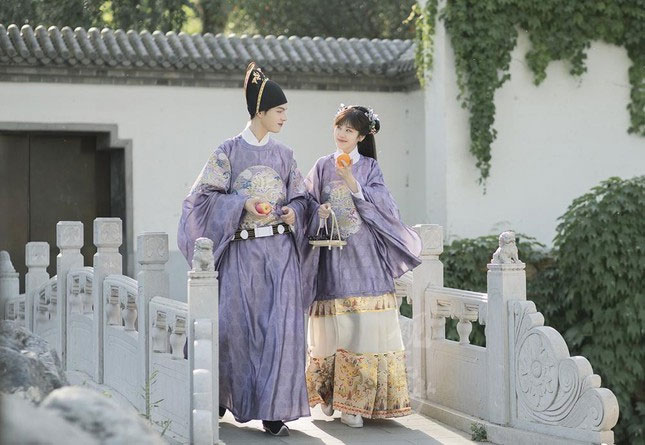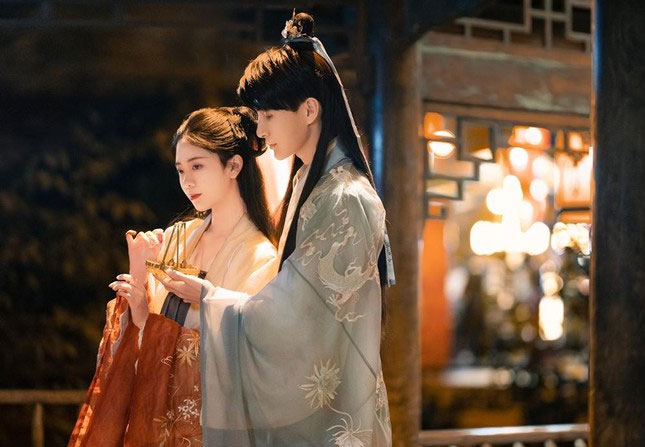In ancient times, unmarried women not only had to pay a bachelor tax, but if they reached a marriageable age without marrying, their parents could be sentenced to death.
Modern individuals generally marry later, with a growing trend towards remaining single, causing many parents to feel anxious and restless, seeking various ways to encourage marriage.
However, did you know that there were numerous methods to urge marriage in ancient times? These methods were often much harsher than those today. Besides parents, relatives, and friends, even the government actively implemented various policies to compel single men and women to marry as quickly as possible. In fact, if one concealed their single status, the most severe punishment could be the execution of their parents.

There were many methods to urge marriage in ancient times. (Illustrative image).
According to research, during the Zhou Dynasty, there was an official department responsible for marriage between men and women, known as “Mou Shi.” This department was primarily responsible for recording the names and birth times of men and women throughout the country. Every year, in the middle of spring, this department would issue a notice, ordering eligible young men and women to meet and start families. Anyone who violated the marriage age or other regulations would face severe penalties.
By the Han Dynasty, the push for marriage was taken even further. The official laws of the Han stated that single women over 15 years old had to pay an annual “bachelor tax” of 150 cash, which would only be waived upon marriage. After Emperor Hui of Han found the amount insufficient as a deterrent, it was raised to 600 cash, prompting many families to hastily seek husbands for their daughters.

During the Han Dynasty, single women over 15 had to pay a “bachelor tax.” (Illustrative image).
In the Western Jin Dynasty, marriage continued to receive attention. Emperor Wu of Jin, Sima Yan, stipulated that unmarried girls aged 17 would have the government intervene in their marriages. Specifically, local officials would intervene and actively assign husbands to these girls.
During the Tang Dynasty, Emperor Taizong of Tang issued a decree regarding marriage, encouraging the populace to marry and remarry continuously. Specifically, the decree stated that men over 20 years old, women over 15 years old, widows, and those who had completed their mourning period should be actively matched by local officials to marry and have children as soon as possible.
If citizens reached marriageable age or had no impediments but refused to marry, it would directly impact the career advancement of local officials. Conversely, if officials successfully facilitated matchmaking, ensuring that the populace found suitable partners, they would be credited and promoted quickly.

Some dynasties even considered remaining single a crime. (Illustrative image).
In addition to the methods of urging marriage mentioned above, some dynasties even directly considered remaining single a crime. For example, King Goujian of Yue once decreed: “Girls at 17 who do not marry and boys at 20 who do not take a wife, their parents will bear the punishment, which cannot be tolerated.”
The Song History – Zhu Lang’s Biography also recorded: “Girls at 15 who are not married, the entire family will be severely punished.” The most ruthless was Emperor Gao Wei of Northern Qi, who issued a strict order: “Girls aged 14 to 20 who refuse to marry will be taken to the province. Those who escape, their parents will be sentenced to death. If parents conceal their daughter’s unmarried status, they too will be executed.”

















































